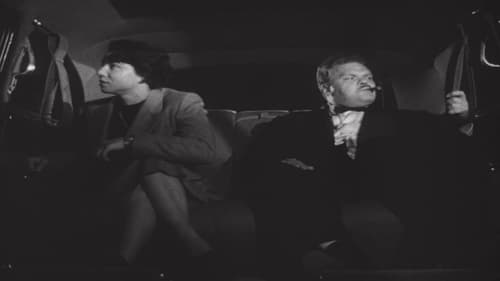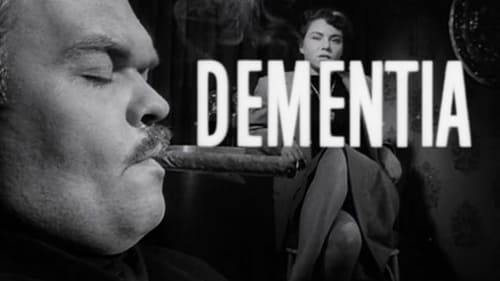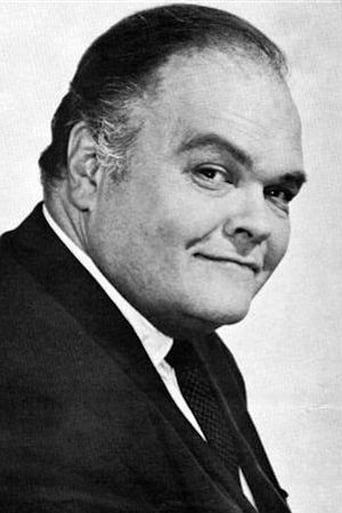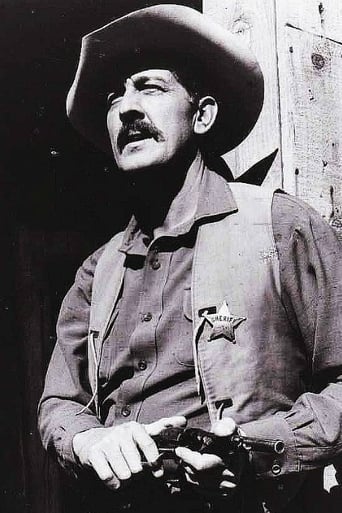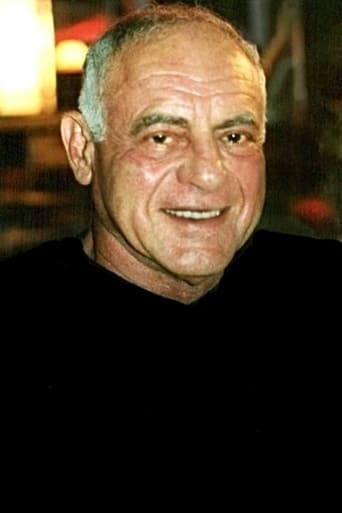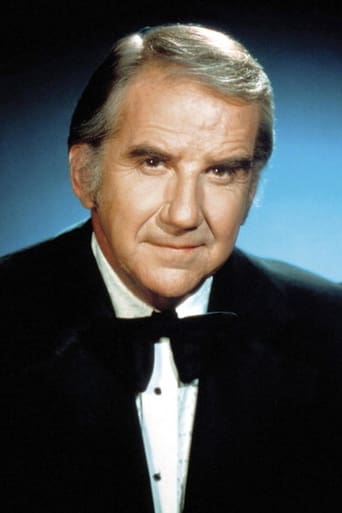ironhorse_iv
Incorporating elements of the avant-grade expressionism with Hollywood film noir, this exploitation film has everything you can wish for, in a smart horror movie. In my opinion, this movie is way underrated by critics. I doubt, they can comprehend the dark depths of a demented mind — the demons that lurk at the center of the human soul! This movie deserve more praise. Directed by John Parker, an aspiring filmmaker, Dementia was originally supposed to be a 10 minute short film; something that Parker could maybe use as a resume piece. Instead, the movie runtime was push to a full hour, due to all the clever story-telling. This was a very ambitious project with an interesting premise. It introduced elements that hadn't been portrayed before, such as constructing a potentially silent film with sound, but no dialogue whatsoever. It dared to mix fantasy with reality filled with suggestive violence and psycho-sexual imagery. Very few films did that in those days. The movie was essentially a surreal tour of 1950s-era beatnik culture mixed with old school German Expressionism. Dementia was also full of classic film noir elements, such as deceitful characters, murder, guilt, horror and inner demons, all mixed into one nightmarish watch. In many ways, this movie remind me of Orson Welles's 1958's Touch of Evil. Who knows! Its might have influence it. After all, both films are shot in Venice Beach, California. Still, I love Dementia's use of low angle shots and shadows on walls, all set in a hallucinatory narrative of crime and pursuit. The atmosphere created by cinematographer William C. Thompson, conjured through bleak-looking streets and unnerving music was frightening. Then there are also the simple images - shadows growing and shrinking, gaunt faces, sharp contrasts between lights and darks that could give you nightmares. It's sad, that John Parker, never directed another film, after time, because in my opinion, he could have been in the same levels of a David Lynch, David Fincher, and Stanley Kubrick. The movie tells the story of a nocturnal murderous prowling of a young woman (Adrienne Barrett) haunted by homicidal guilt. Produced in 1953, the movie was banned in many states like New York for years, before getting release in 1955, due to its risky sexual and violent nature. While, tame, compare to today's horror films, I can understand why the movie would receive a scant distribution, when it came out. A prostitute or what seem like a call girl, running through alleyways clutching a bloody hand to her breast was indeed controversy in uber conservatism 1950s. Some people, saw the movie as a threat to the accepted gender roles of the time, because the movie show a woman, taking up arms against the cruelty of abusive men, rather than a woman asking a honest man to fight for their honor. Some people thought, the movie was offensive to women, because it show, women in a bad light. After all, there been countless amount of women that went abusive relationship, only to live, somewhat normal lives. Other, thoughts, that the movie misjudging showcase, that any resistance from women, toward their own abusive, or own objectification is the cause of mental illness, not self-defensive. Whatever, was the reason, the movie had to be cut to fit in the film standards of the time. John Parker trim back, most of objectionable scenes in order to get this past the censors. Not only that, he muted sounds from some of the film's most disturbing scenes. What came from this recut of Dementia, was a 55 minute version. That version was picked up by Exploitation Pictures and retitled, as 'Daughter of Horror'. Since the original, had no spoken dialogue, the producers felt like, the story might be, too hard to follow, so in Daughter of Horror, they added a wildly arch, throaty narration by then, unknown, voice-actor, Ed McMahon. While, Ed McMahon narration might be cheesy or campier. He wasn't bad in the role. He gave the film, somewhat a Rod Serling's Twilight Zone, like narrative feel to the film. I didn't mind it. The film's musical score is by avant-garde composer George Antheil, and vocalized by Marni Nixon. The Theremin-like vocals eerie moaning is creepy, but somewhat annoying after a while. I think the movie might have over-played it. Jazz musician Shorty Rogers can be seen and heard performing in a night club scene. It was pretty neat. The film is also smart. The movie is indeed clever, take a Freudian approach - the flashbacks taking place in the grave, the father imagery as the cop, sexual symbols, all wonderful. The film is essentially full of Freudian symbolism and motifs, such as the cigar as a phallic symbol or the sweaty rich man (Bruno Ve Sota) devouring chicken as a sexual metaphor. The acting is pretty good. Adrienne Barrett is perfectly cast as the troubled, sinister, smirking vamp. The supporting cast is alright for the most part. Still, I kinda didn't like Ben Roseman's goofy little smile. The guy, never once, seem scary. The special effects are dated, but it's still eerily looking. While, the wave looks fake, it does have some merit. The film has been compared to 1920's silent film, The Cabinet of Dr. Caligari & 1943's Meshes of the Afternoon, due to its portrayal of an insane mind from the "inside out". Dementia is perhaps most famous for its appearance in 1958's The Blob where, it's the movie playing in the movie theater when the Blob strikes. While, the original movie is rare to find, Kino has a DVD that has both version in one and restored nearly in a near-pristine condition. Also featured among the supplements is the essay "Dementia: A Case Study," a well-researched and informative production history supplemented by reproductions of original letters, contracts, and industry documents. It's worth checking out. Overall: Dementia is an acid mind trip. A great psychology thriller, worth every minute. You have to be out of mind, not to see it!
moonspinner55
John Parker wrote, produced, and directed this ambitious but relatively amateurish paean (one presumes) to silent German Expressionism. Equating madness with evil, Parker follows a disturbed young woman (armed with a switchblade) around Los Angeles at night, where beatniks and goons paw at her while a police detective--who looks just like the woman's dead father--beats a wino to death in front of her. Parker has one interesting shot early on, a double image of a girl running while a wave crashes behind her, which is then repeated at least twice. The filmmaker knows a great deal about visual composition and technique, but he doesn't do anything exciting with the wordless format and he's useless with his actors. In the lead, Adrienne Barrett is frequently exposed to ridicule; looking like one of the Bowery Boys in a skirt, Barrett alternately scowls and smirks in close-up, and is incapable of pulling off such dramatic scenes as crawling across the ground to retrieve her bulky necklace or getting all hot and bothered in an underground jazz club. Alternate version "Daughter of Horror" is narrated by Ed McMahon as Madness incarnate, though the theme of insanity is not treated as a mental illness; instead, it's something a person stumbles into, and then frantically attempts to escape from. Parker even tries for a twist ending, but it's really for naught. "Dementia" is demented in all the wrong ways. *1/2 from ****


